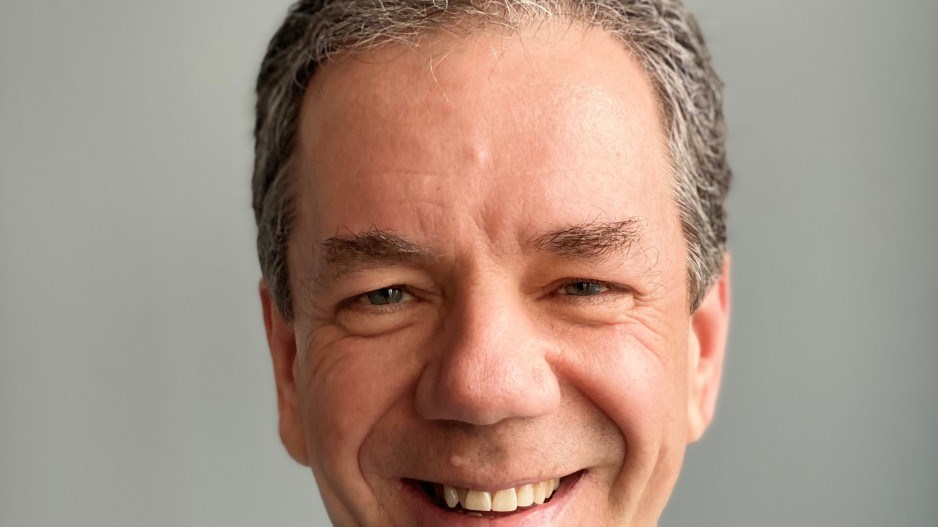Baker Hughes (NYSE: BKR), the American oilfield services company, which has a market cap of US$26 billion, is taking a 20% stake in Burnaby-based clean-tech start-up Ekona Power.
Ekona has been developing a methane pyrolysis process for making “turquoise” hydrogen from natural gas without the need for carbon capture and storage.
It is a process that falls somewhere between green hydrogen, made from electrolysis using water and electricity, and blue hydrogen, made from natural gas with carbon capture and storage (CCS).
Ekona’s process requires no CCS, which means lower capital and operating costs.
“Compared to the traditional steam methane reforming process used for producing industrial scale hydrogen, Ekona’s novel methane pyrolysis process can produce hydrogen with drastically lower carbon dioxide emissions,” Baker Hughes said in a press release.
Baker Hughes is an industrial service company specializing in oil and gas. The company has been expanding into clean energy sectors, including carbon capture and storage and hydrogen production.
Ekona CEO Chris Reid would not disclose the value of the Baker Hughes investment, but said it was just the first tranche of a series A round, with more to come in December.
“The financing that was announced with Baker Hughes is our first close of our series A,” Reid told BIV News. “So we’re going to do a second close of our series A.
"There will be a pile of these strategic partners, which will go right across the globe. There will be oil companies, gas companies, there will be large steel production companies, large industrial hydrogen users, large Asian trading house companies -- that kind of thing."
Ekona plans to build a pilot plant and commission it by 2024. A location has not been chosen yet.
Reid said methane pyrolysis is cheaper than both green hydrogen, which has very high energy input costs, and blue hydrogen.
Whereas the cost of producing green hydrogen through electrolysis is anywhere from $3 to $5 per kilogram, and blue hydrogen $2 to $2.20 per kilogram, Reid said Ekona Power should be able to produce it at $1.30 to $1.40 per kilogram.
The reason it’s cheaper is that there are no capital or operating costs associated with carbon capture and storage.
“Electrolyzers are just fundamentally too expensive to provide large-scale dispatchable hydrogen,” Reid said.
The methane pyrolysis method Ekona uses produces a byproduct called “thermal black” or “carbon black,” which is essentially solid carbon. It can be used as a filler in tires and other rubber products.
That’s not a market Ekona Power is going after, however. It may be that the solid carbon ends up being landfilled. The main product will be hydrogen, the market for which is expected to grow from US$120 billion to US$300 billion by 2027, according to Global Market Insights.
There are conventional industrial uses for hydrogen, but the push for decarbonisation is expected to grow the market for hydrogen as a low carbon fuel.
Alberta, which already produces “grey” hydrogen from natural gas (with no carbon capture) is positioning itself to become a major blue hydrogen producer.
Because the demand for hydrogen is expected to be significant, Reid said he expects there will still be plenty of opportunities for blue hydrogen as well.
“There will be room for both, for sure,” Reid said.
One advantage, he said, of the Ekona process is that, because it doesn’t require a big CCS plant, it can be situated anywhere in the chain – from the upstream, where natural gas is produced, to an LNG receiving terminal.
Reid said turquoise hydrogen production is a perfect fit for the LNG sector. LNG could become a carrier for hydrogen. LNG offloaded in Japan, for example, could then be turned into hydrogen and solid carbon using an Ekona Power plant, without having to invest in a CCS plant.
“We are in the camp that the cheapest and fastest way to convert the world over to clean chemical fuels is to continue to use that infrastructure, continue to use natural gas as a hydrogen carrier – it’s the best hydrogen carrier we have – and then process it,” Reid said.




